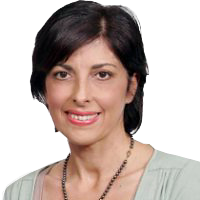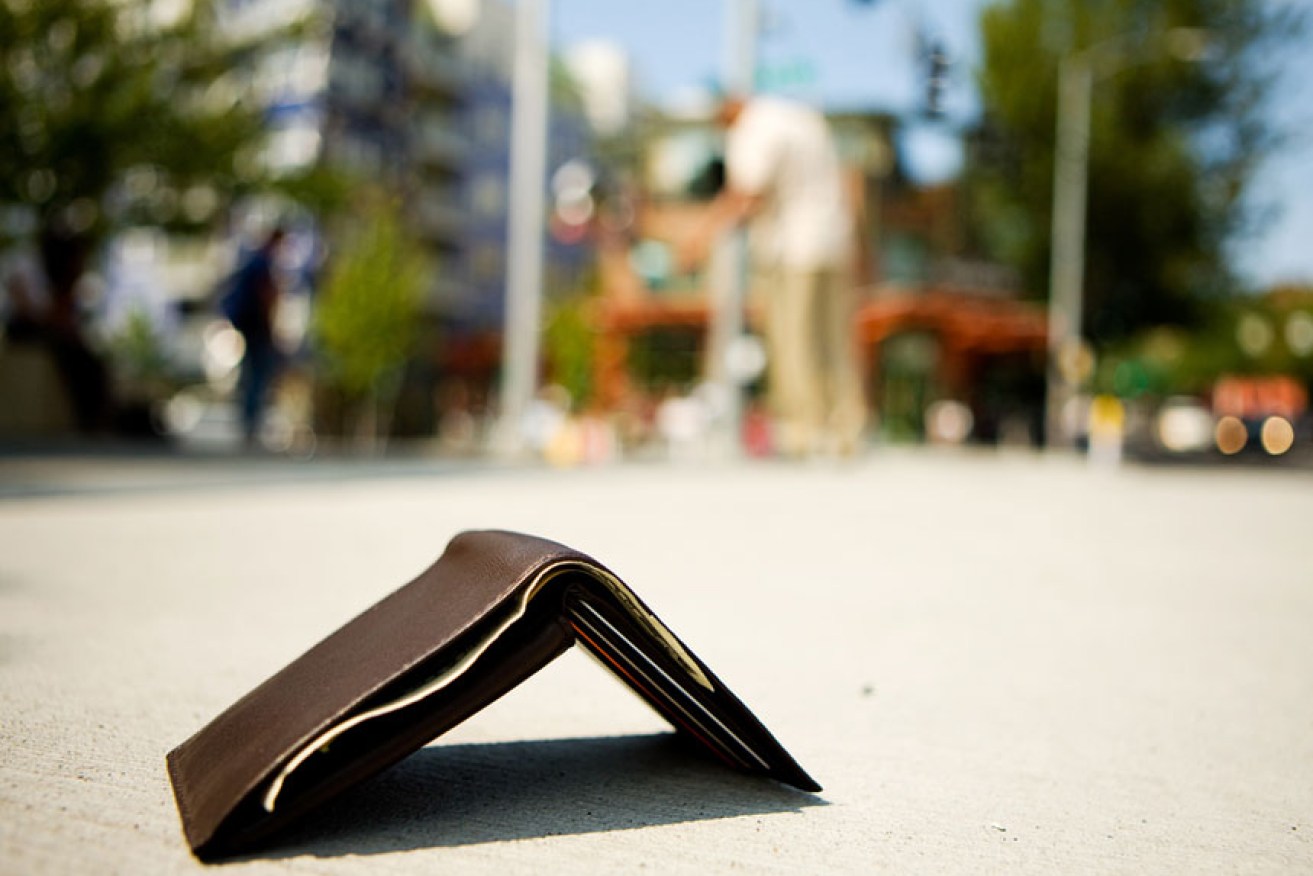How the govt is spending your lost money


Shutterstock
It could be a case of use it or lose it for the millions of Australians who have unclaimed monies sitting in dormant shares, insurance and bank accounts.
Treasurer Joe Hockey is reported by Fairfax to be considering recommendations by the financial services inquiry that the unclaimed money in dormant accounts be put towards social impact investments.
This type of investment is where financial returns are linked to social benefits and is a sector which is expected to grow to $32 billion in Australia within a decade.
• Click on the owl for more information about social impact investments
According to the MoneySmart website of the Australian Securities and Investment Commission (ASIC), a total of $667 million is waiting to be claimed in shares, bank accounts and insurance.
There has been considerable effort in the past by the government and ASIC to help people find lost monies.
• Is your money cheating on you with someone else?
• Credit card shake-up good news for consumers
Last year, former Parliamentary Secretary to the Treasurer Bernie Ripoll encouraged Australians to check if they have unclaimed money by using the free search on ASIC’s MoneySmart website.
“Over one million people could be sitting on a windfall without even knowing it,” Mr Ripoll said.
“In 2012, Australians recovered $56 million using ASIC’s Unclaimed Money Service. One of the common reasons why people lose their money is due to a simple change in address.”

Most people ask about lost super. Photo: Shutterstock
Help me, I’m super lost
Financial advisor Jason Atkins from Roskow Independent Advisory said, in relation to claiming lost money, superannuation was the one that was often talked about.
People change in and out of jobs and it is easy to lose track of superannuation accounts. For more information on how to track down your super read our comprehensive advice here.
“A lot of people don’t know they have unclaimed money out there. Sometimes we have people come in who just do not know where to start,” Mr Atkins said.
“The Australian Tax office has a site for lost superannuation and people can log on with their tax file number, full name and date of birth.
“The search is free. If any unclaimed monies surface; a search will come back with the superfund and details. It’s up to the individual to call the superfund and work out how to claim that money.”
Which bank account?
For bank accounts and insurance policies, Mr Atkins said it would be worth digging around to check if you have any old statements, regardless of if they are 10 or more years old.
Bank accounts now become “unclaimed” after being inactive for three years. This changed from seven years in 2012.
“You can still track down old accounts. It does take a little bit of work, such as going online, Googling or just getting on the phone,” he said.

A bank account will become “unclaimed” after three years. Photo: AAP
“The MoneySmart website is a good place to start. It is also good at educating people and it is quite simple to navigate your way through to finding lost bank accounts, shares, and insurances. If you’re stuck, it is worth seeking professional help from independent financial advisor.”
You can find any lost accounts for free via the MoneySmart website.
The best advice?
The best thing to do is to keep track of your money in the first place.
To stop your money from becoming another unclaimed statistic the MoneySmart websites offered this advice.
For bank accounts: Make a small deposit (even five cents will do) or a small withdrawal once every two to three years.
Keep in contact: Keep in touch with the company or financial institution and tell them your new address when you move.








